Using market intelligence to inform your export plan
The saying that ‘knowledge is power’ is certainly true of successful exporting. Companies must use market intelligence to understand their customers’ requirements, cultural considerations, market trends and what competitors are doing, in order to succeed.
Insights gained from high-quality market research are essential for good business decisions for companies with the ambition to grow, export and, indeed, survive. While successful products and services are built on sound market research, a continual process of keeping up-to-date with business intelligence is required, which can be time-consuming and costly.
Market Research Centre
That is one reason Enterprise Ireland’s Market Research Centre is such a valuable resource. It is the largest repository of business intelligence in Ireland and contains thousands of world-class market research insights, available to Enterprise Ireland supported companies.
Reports include company, sector, market and country information, which help businesses to explore opportunities and compete in international markets. We use databases from blue-chip information providers such as Gartner, Frost & Sullivan, Mintel and others, which provide authoritative, verified information that is independent and reliable. Some of these reports cost tens of thousands of euro individually, so the value of accessing the service is immense.
Using market intelligence to assess new markets
The Market Research Centre is staffed by information specialists who help clients locate the most appropriate sources of knowledge for their requirements. The specialists can track down niche market intelligence that is not available through internet research and can also facilitate access to industry analysts to provide bespoke briefings that deep-dive into subject areas.
While the UK and European markets remain vitally important for exporters, increasingly diversification into more distant markets is a strategic option. Critical to all such business decisions is access to authoritative market research.
Using insights to make an impact
An example of how the centre helps companies to explore opportunities in overseas markets is workforce travel company Roomex. Over the last two years, the company has targeted the UK and Germany and is now looking at the huge potential of the US market. Information specialists helped the company gain valuable insights by providing access to global company, country, market and sector data which helped the Roomex to analyse their target customer and competitor base.
Enterprise Ireland’s research hub offers access to extensive predictive research on future trends, which is invaluable for companies interested in innovation. Knowledge of what might impact a market next provides an opportunity to develop new products or solutions. There are huge opportunities arising from disruptive technologies, such as driver-less cars, but also risks to companies which are not looking ahead.
Growing your business using market intelligence
Companies which are serious about exporting, growing and future-proofing their business should put continuous research at the heart of their strategy.
If your company is considering expanding into new markets the Market Research Centre’s extensive resources and expertise should be your first port of call.



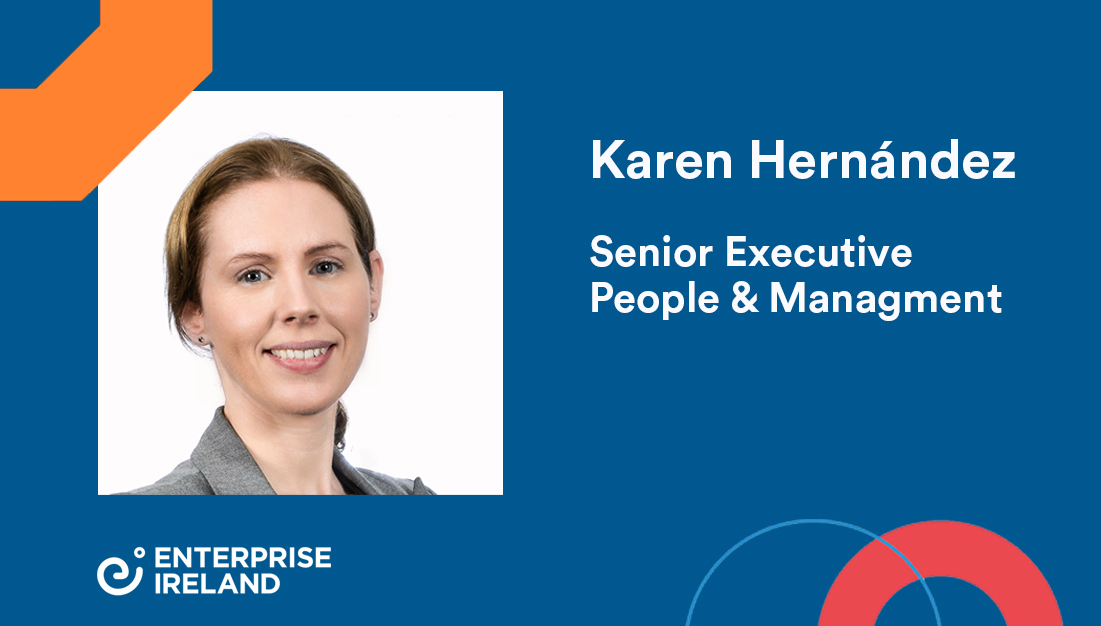

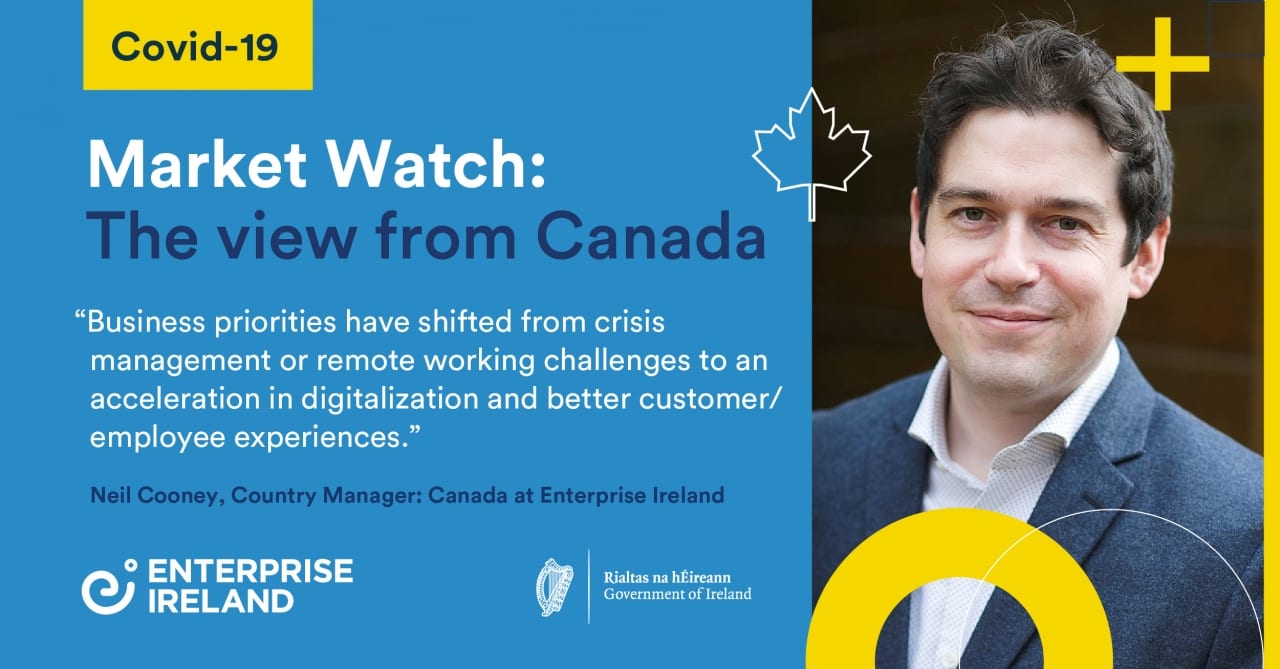




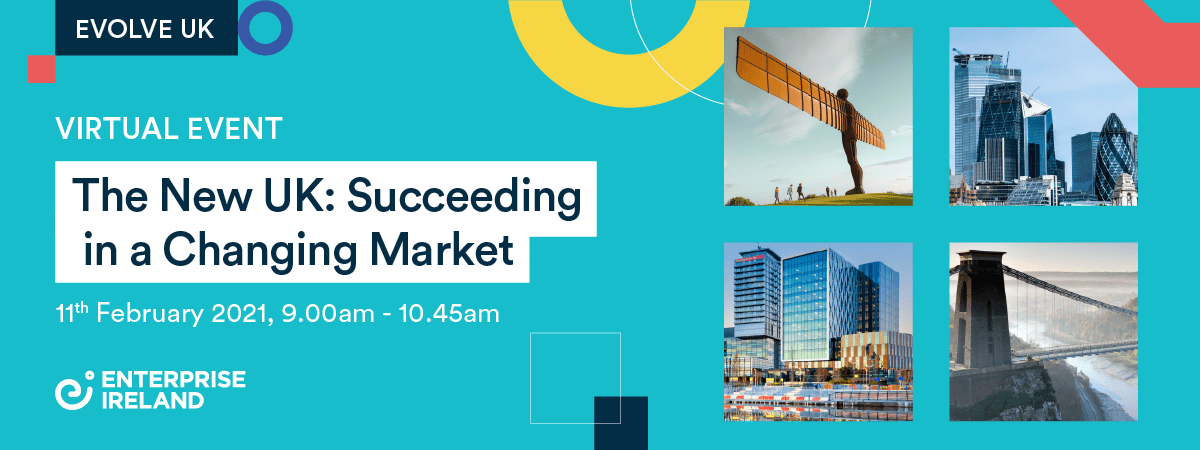
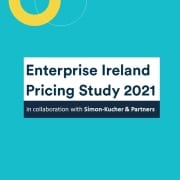

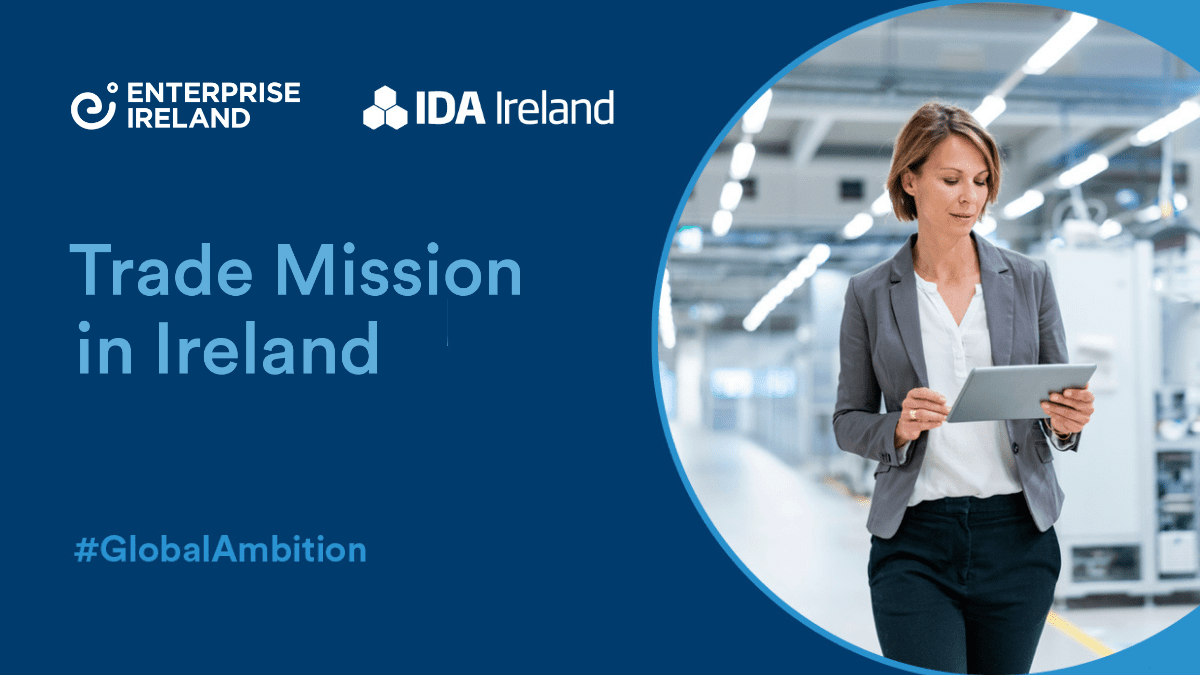 In the not-too-distant past, companies wishing to establish a successful business relationship with firms overseas, would have relied heavily on international travel and perhaps an office or ‘boots-on-the-ground’ in the country in question.
In the not-too-distant past, companies wishing to establish a successful business relationship with firms overseas, would have relied heavily on international travel and perhaps an office or ‘boots-on-the-ground’ in the country in question.





